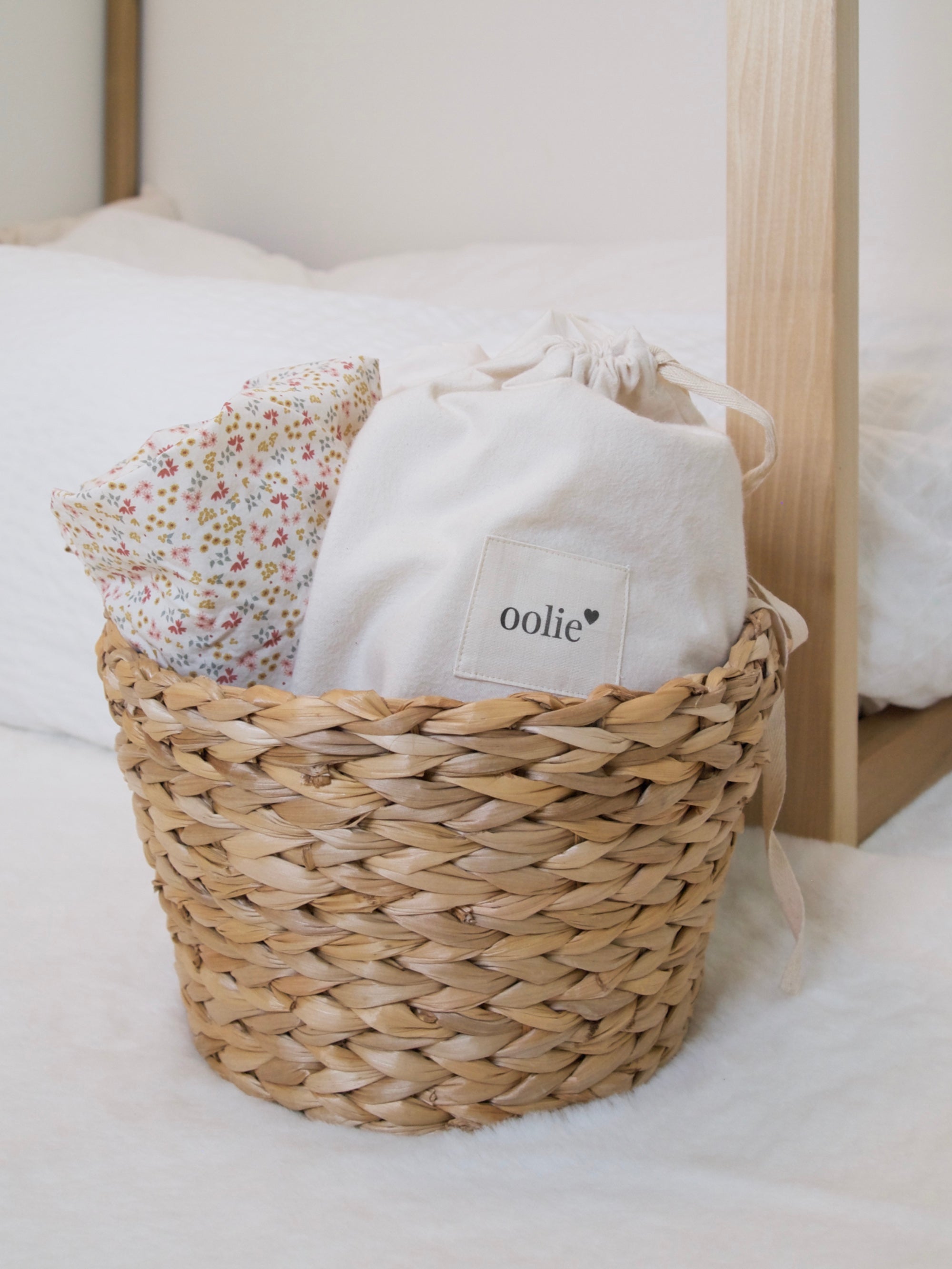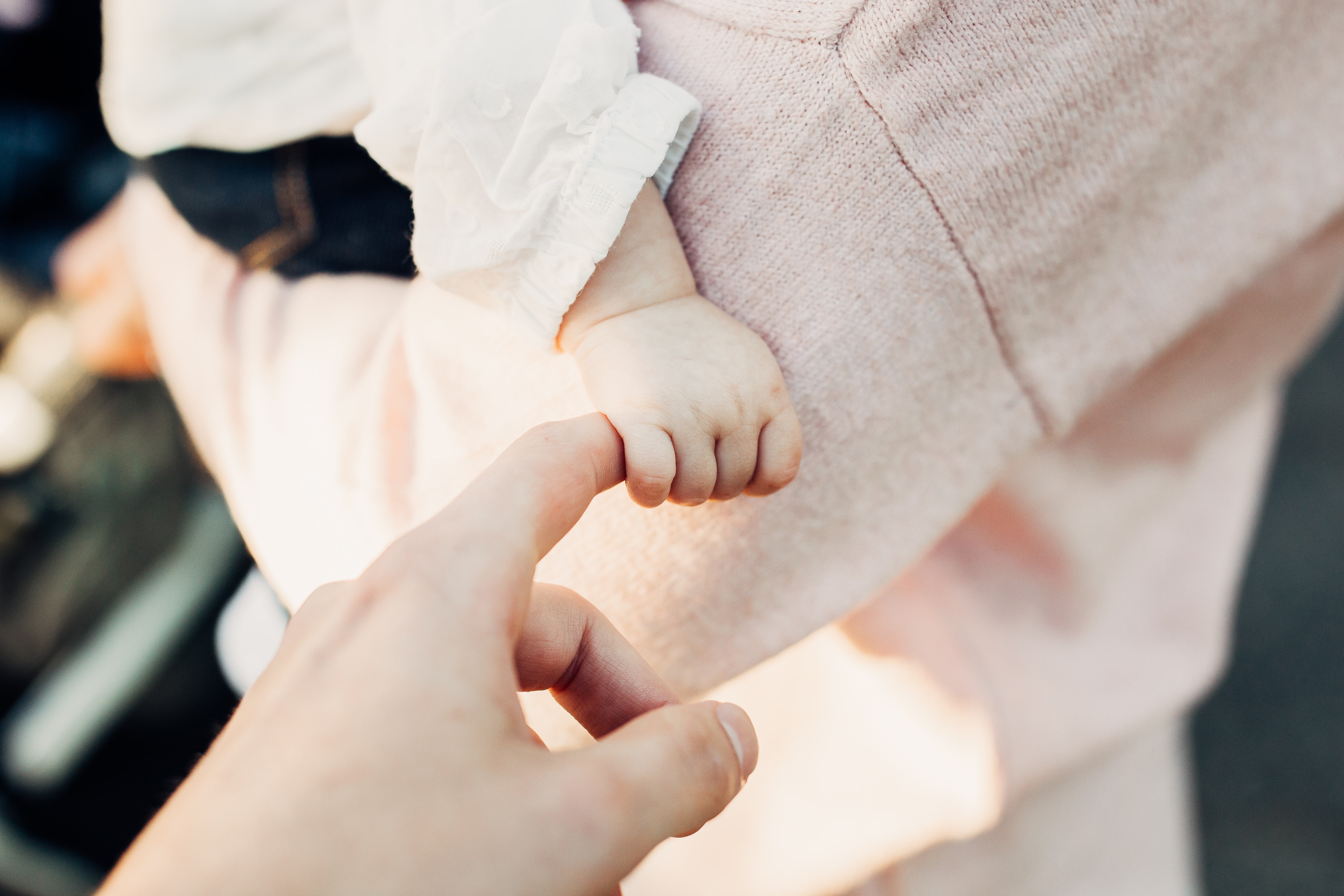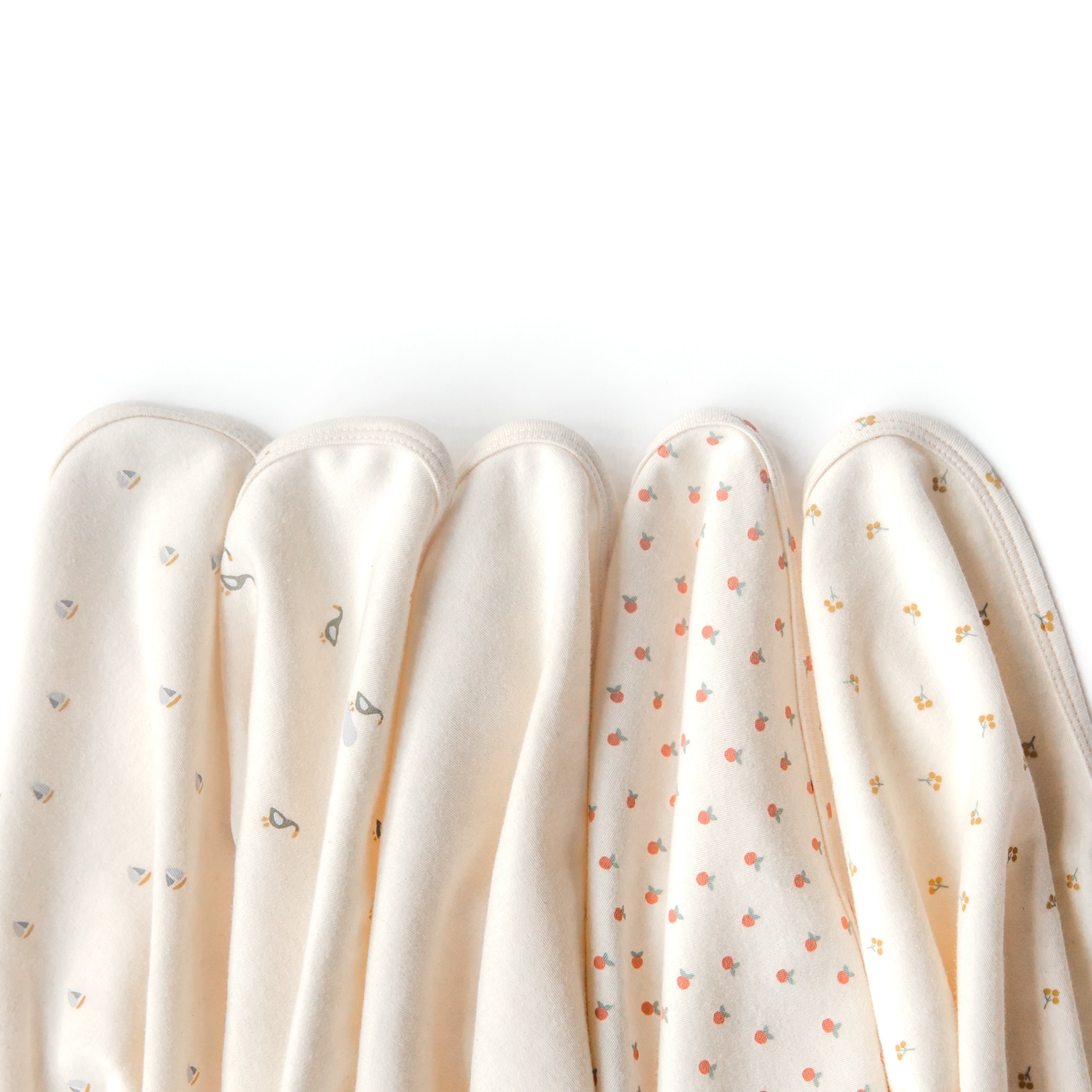A guide to gift-giving for the eco-conscious and socially responsible
Welcome to the holidays!
If you don’t love buying objects that are ultimately destined for the landfill, you’ve come to the right place.
Here are our tips for giving joyfully, and creating a meaningful holiday that aligns with your beliefs and values.
Aligning Your Values With Your Traditions
I have three kids, and here in the US, there’s immense cultural pressure to buy lots and lots of stuff.
My kids, naturally, pick up on that binge-y mentality, as much as I try to shield them from it. And I do want them to enjoy the winter holiday excitement, merriment, joy and — yes — wrapped gifts to open. But I refuse to buy anything that will shortly turn into, well, refuse.
So, here’s how I align my values with our winter holiday traditions:
- Buy (only) beautiful things with meaning
- Shop local to reduce your carbon footprint
- Give experiences, not things
- Give gift cards or cash
From Mall to Morals
As a teen, I remember a time when going to a mall was fun. (Yes, I’m that old!) I also remember enjoying wandering through stores and picking out physical items, imaging how they would fit into my life, or the life of the person I was buying for, and enjoying the very specific kind of satisfaction that comes from finding “the perfect gift.”
As an adult, holiday shopping has never felt like that to me. There are lists of people, long lines, crowded stores, stress-wrapping at 2am (or even just moments before handing over the gifts!). But more than anything else, there is the uncomfortable sense of obligation that I must express some important human emotion (Love? Appreciation? Hope?) via a mass-produced and colorfully wrapped present that the recipient may or may not actually want.
Today, I resist any sense of obligation in my relationships. I want my relationships — and my gift-giving — to be driven by caring, love, and appreciation — not out of obligation.
1. Buy (Only) Beautiful Things With Meaning
I start by asking: Do the people on my holiday list actually want any things?
When the answer is yes, I start looking for ideas for things that will maintain their appeal and function for years to come.
For me, any object must be aesthetically beautiful first and foremost — or it’s not going to make a great gift.
But beyond the visuals, I also consider the provenance of the object: Does this gift have any hidden ugly features? Ask questions like:
- Who made this object?
- How was that person treated?
- Were they adequately compensated and acknowledged for their work?
- Was that person there voluntarily?
- Was this product mass-produced?
- What is it made out of? Can I identify all the components? How far removed are those components from their natural state?
- What is the function of this object? Is it meant to be looked at, touched, etc.?
- Where would the recipient likely keep this object?
- Does this object require any maintenance?
- Imagine this gift five months from now. Does it contribute to clutter in the recipient’s home? Has it become a hassle to own, or does it still contribute to improving their quality of life in some way?
- How is this item disposed of when it is no longer of use?
- How many times can a person use this?
If the object is visually beautiful and has a compelling origin story and feels like it would be well received by the recipient — then it’s a great gift!
2. Shop Local to Reduce Your Carbon Footprint
Naturally, I also don’t want to have a huge climate or energy impact. So add to the questions above: Where is this gift coming from? Where is it made? How did it get from there to you?
Shop locally as much as you can — not only to reduce your carbon footprint, but also to see those dollars reinvested back into your community.
3. Gift Experiences, Not Things
What do you remember about your favorite past holidays? Is it a specific gift, or what you did with your loved ones? Instead of a thing, consider creating (or paying for) a shared experience, to bring you and your recipient closer together.
4. Give Gift Cards or Cash
Why not? If you are giving gift certificates, instead of cold, hard, cash, consider what types of businesses you would like to support. Small and local helps promote the economic well-being of your community and usually reduce carbon footprint.
BONUS: Sustainable Gift Guides
One closing thought: If you feel a bit overwhelmed by the idea of investing so much research time into choosing gifts, let someone else do the research for you!
Explore sustainability-focused gift guides, such as “Keep on Giving: 10 Gifts for a More Resilient Planet” published by B Lab, and featuring Oolie and several other certified B Corps.


